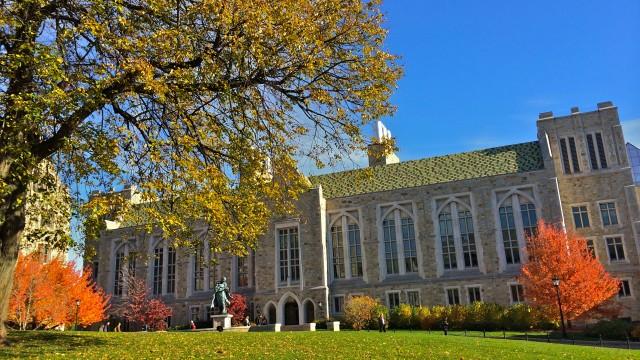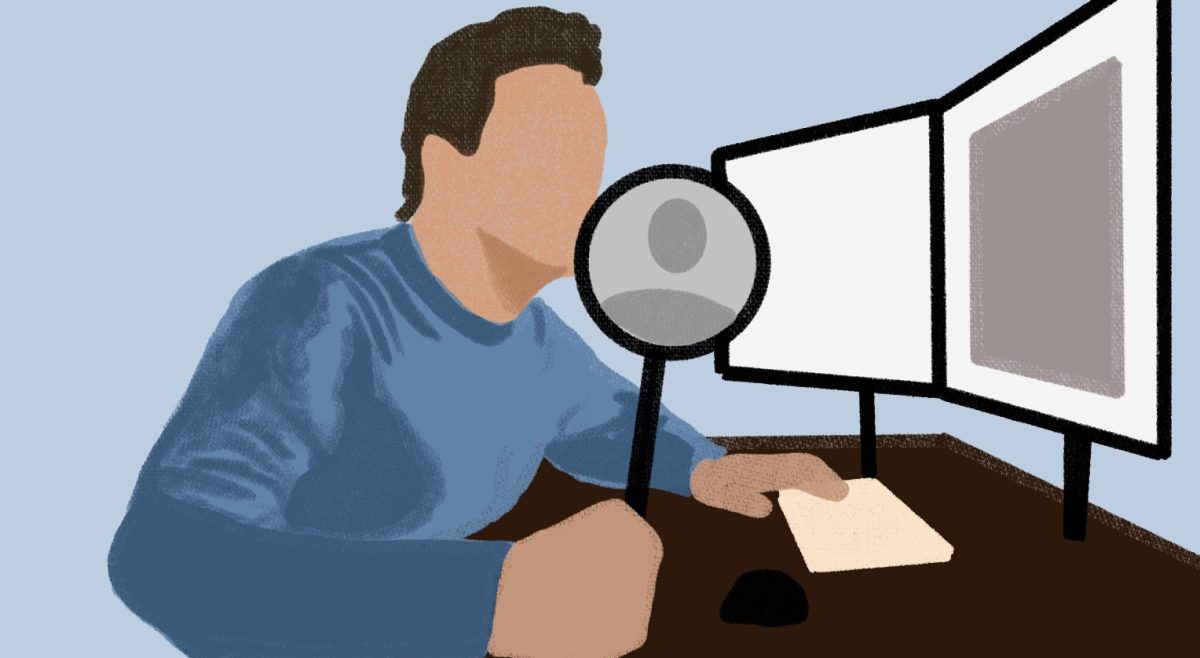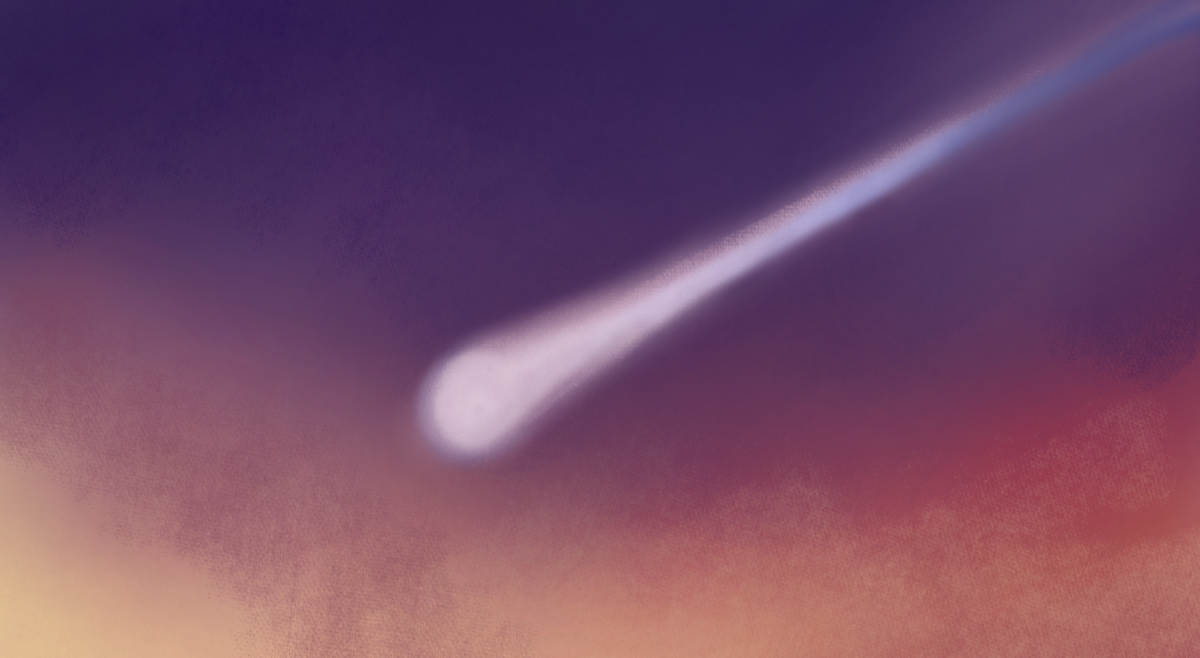I glanced back at the room I had left behind. On every wall, I saw myself: frozen in place, with each image varying slightly in expression and stature. It wasn’t until I escaped that I realized I had been living in a room of mirrors, each wall projecting a different reflection. I had been surrounded by the identities assigned to me—some by outsiders, others by myself. My attempts to meet those expectations left me constantly shifting from one wall to another. Like Earth, I had spun so quickly for so long that the revolutions became indiscernible. My truest self was the girl spinning in the middle of the room, changing rapidly to reflect endless variations and extensions of herself. The movements themselves were natural, for humankind is meant to change and adopt new identities. It was in trying to mimic the stasis of those fixed reflections that I interrupted my personal growth.
When I tell people that this past break has been my best yet, I don’t know how to express the idea past the cliches: a comfortable and secure home, quality time with people who will always love me, and the resulting freedom that allows me to see more from my couch than I could from the top of a mountain. I can’t recall a time when I’ve felt more at peace, comfortable in my own skin, and separate from everyday stresses. That’s when I escaped the room. I found myself spending entire days relaxing, watching movies and eating meals with people I hadn’t seen in months. My many perceived identities became irrelevant. I realized that there was more to my life than those false identities that had guided me during the past semester at Boston College.
In less than a month, I saw so many positive changes in myself that I couldn’t help but notice how limited I’d been before. The reduction of stress and allotment of free time transformed me into someone my friends wouldn’t have recognized: timely, well-balanced, and focused. I realized that I had been underperforming because I was being pulled in too many directions at once. Like so many other well-meaning BC students, I had become over-involved, trapped in that room of mirrors in an effort to play every role. I was Atlas, carrying a world on my shoulders, and in hindsight, I don’t understand how I remained standing. Giving myself the challenges of a superhero didn’t make me one.
My focus now is on quality over quantity. I don’t have to be in six clubs (and perform perfectly in each one). I don’t have to know everyone on campus. I’m taking the time and space to examine the walls around me, so that I can be the self that best fits me now. Inevitably, I will disappoint some people—an idea that resounds as anathema to many BC students. Our commitment marks us as leaders, hardworking and steadfast, ad nauseam. We don’t like to show our hands, even if it means saving our lives.
We can’t entirely stop facing reflections of ourselves, and we shouldn’t. As time passes, we transition from one room of mirrors to another, searching for an identity that fits—for the time being. When we grow dissatisfied with the restrictions of that identity, we move along. The mirrors are accepted for what they are: portions of truth. These identities are reassuring because they give us boundaries, remind us that we exist, and show us our place. They also scare us because they do not reflect an entire truth, and as a result cannot bear our weight, collapsing under too much pressure. If we accept them as the alpha and omega of identity, we can very well fall victim to the same fate.
The key is to remain in this state of exploratory motion without losing our balance. Earth was meant to revolve. We are meant to evolve. That doesn’t mean that we drop everything at a moment’s notice. We hold ourselves to some measure of consistency and accountability, so that when we decide to move along, we take ourselves seriously. Our decisions hold weight, and our lives are not nihilistic. There is some overarching order to our lives that we cannot begin to comprehend. It is felt in the chaotic rhythm of our lives. In accordance with the universe, with God, with whatever you call that which moves us, we spin at speeds we don’t entirely understand—planets, wanderers of unsure ends, minds marvelling at themselves. To stand still is to oppose our very nature.
Featured Image by Margaux Eckert













